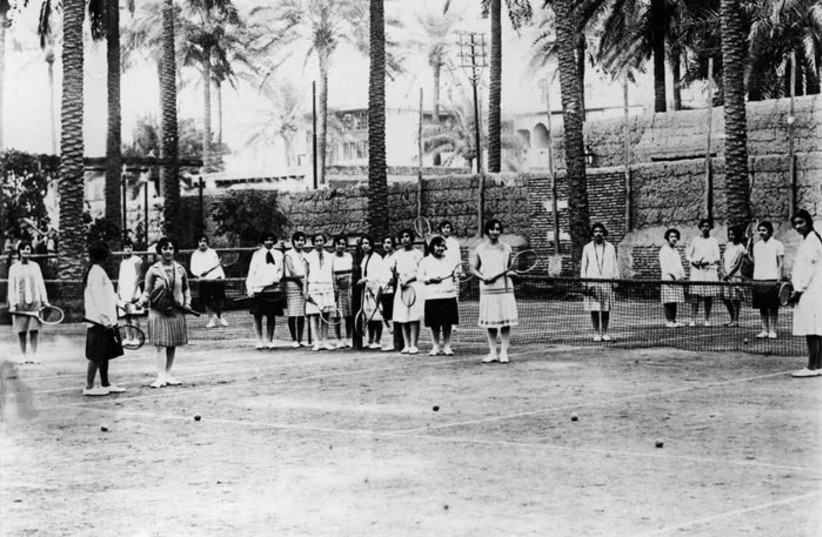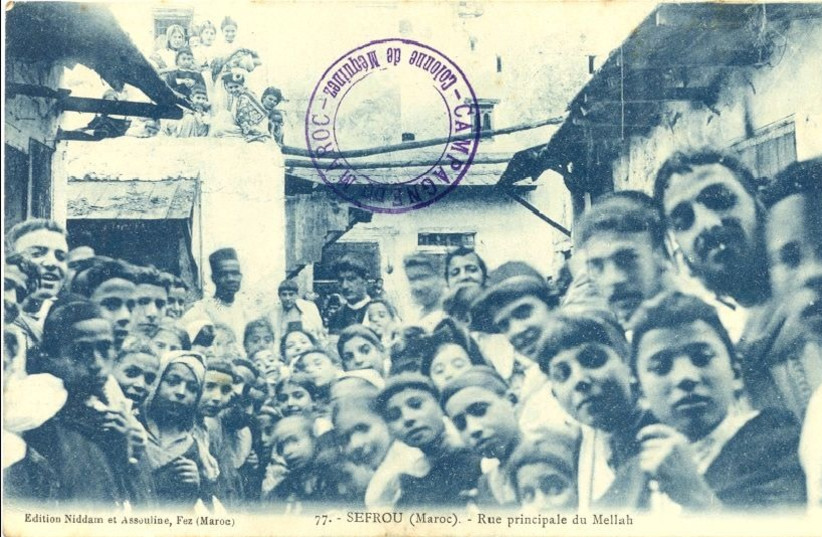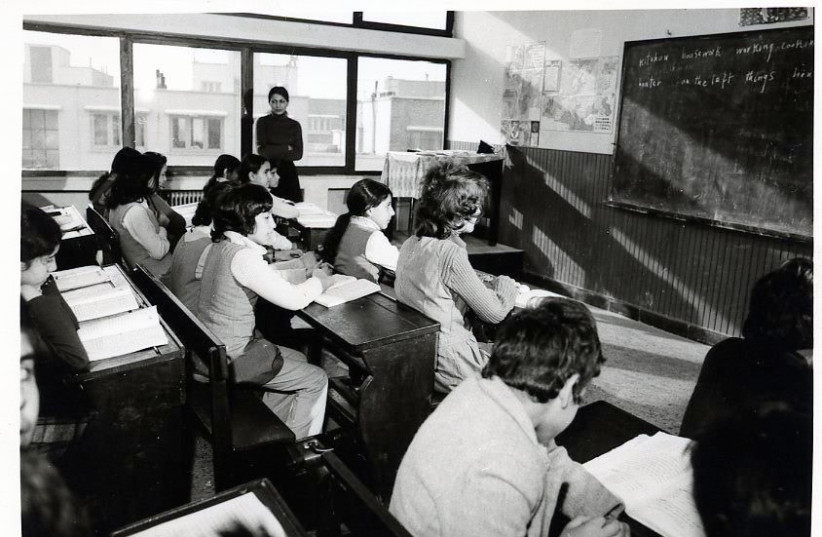Although the majority of Jewish Israelis have been of Sephardi and Mizrahi Jewish descent for more than a decade, the reality of that seems to be completely unreflected within the Israeli school curricula. According to a new survey, the history, heritage and culture of the Jews from the Middle East and North Africa (MENA) are largely and sometimes entirely unrepresented in Israel's educational system. The poll was presented to Minister of Social Equality Meirav Cohen on Thursday, January 20th.
While 74% of all respondents claimed that the history, heritage, and culture of Ashkenazi Jewry is taught in the educational system to a large or somewhat large extent, only 14% could say the same about Mizrahi Jewry. A whopping 80% said that it was either taught to a small or no extent. Only 7% of respondents could identify the Farhud, an Iraqi pogrom in which hundreds of Jews were slaughtered in 1941, whereas 58% could correctly identify Kristallnacht, the night that paved the way to the additional antisemitic events leading to the Holocaust.
Furthermore, only 75% of those polled said they could not recall any program or lesson in school that reinforced a positive perception of Mizrahi Jewry.
According to a law passed by the Knesset in 2014, November 30th is the formal Day of Commemoration for the Jewish Refugees from Arab Countries and Iran. However, 89% of respondents had never heard of such a day. Still, 74% were in favor of establishing a government-funded museum dedicated to the history, heritage, and culture of MENA Jews.

The poll was commissioned by Iraqi-British Jewish businessman and philanthropist David A. Dangoor CBE, of Dangoor Education, a subsidiary of the Exilarch’s Foundation, a charity that supports educational initiatives, including many in the field of Sephardi/Mizrahi heritage, culture, and education.



